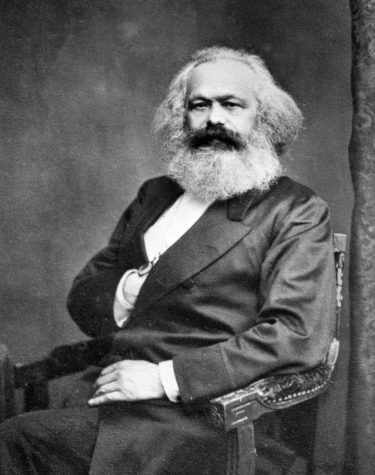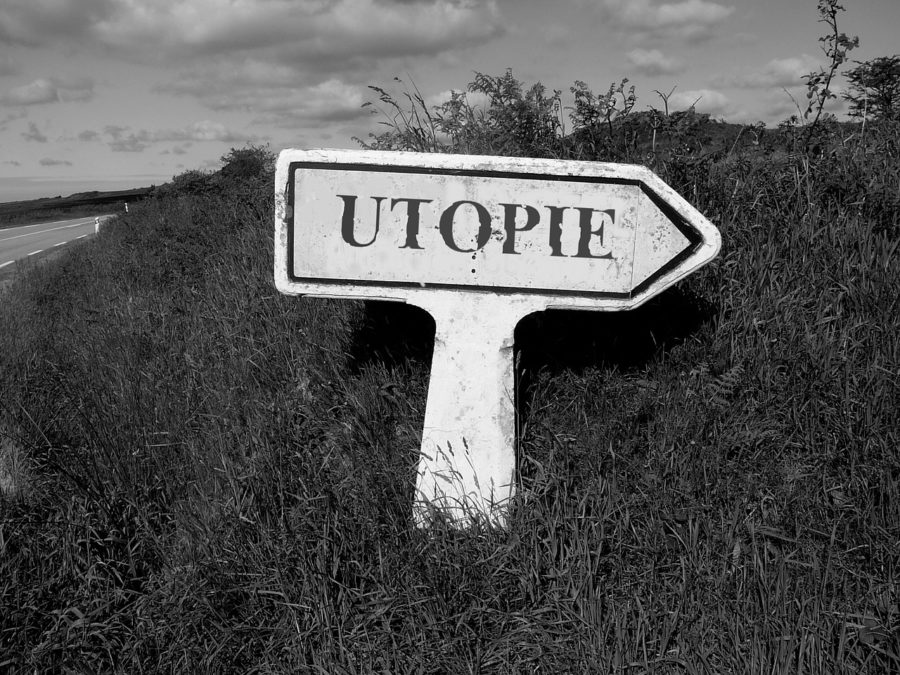Utopia- Can It Ever Exist?
What is a utopia? Can it be achieved? Have there been attempts to achieve it? In this article, we will try to briefly understand this and put everything on the table. Let’s start with the word “utopia” itself. The origins of this word come from Ancient Greece and have two meanings: the first is “outopia,” which can be translated as, “a place that does not exist,” and the second is, “eutopia,” which translates to “beautiful place.” Thomas More was the first to use the word to describe his ideal society in his treatise. It is worth noting that even before him, there were examples describing an ideal society, as in the work, The Republic, written by Plato. It was already possible to understand that utopia is a place where everything is perfect and an ideal society. But, what is this ideal? In our world, there are many interpretations of this ideal. People dreamed of a world where everything would be perfect, starting almost from the beginning of human history and continuing to this day.
Some of the first ideas of utopia can be found in beliefs in the afterlife, in different cultures, religions, and mythologies; one of the most striking examples is life after death in Christianity. It was believed that after death, a person would be in a more beautiful world. According to a Bible verse, “And God will wipe away every tear from their eyes; there shall be no more death, nor sorrow, nor crying. There shall be no more pain, for the former things have passed away” (Revelation 21:4). Another example of utopia is the version of Thomas More in which he describes an island that either existed, or exists to this day, but has not yet been explored. On this island, people live in harmony, work on their spiritual development, and work for a good society. It is an interesting observation that More’s book has some similarities with the story of Atlantis, which began to gain popularity among people during the Renaissance era.

Some of the more modern thinkers who have pondered the structure of the ideal government are Karl Marx and Friedrich Engels. Marxism is a doctrine whose essence lies in the ongoing war of the proletariat with the state regime that oppresses it, during which the victory of the working class will lead to the construction of a better, ideal world for the proletariat, free from capital. In his works, The Capital and The Communist Manifesto, this political system is described as communism. But Marx did not recognize his ideologies as utopian, because unlike them, he had a clear plan of action, knew how to achieve this goal, and relied on the principles of scientific socialism. But, how was it really? In 1917, the first Communist country was formed. The main ideology of this state was Marxism-Leninism. This ideology practically copied Marxism, with some differences adapted by Vladimir Lenin to the realities of Russia and the organization of the party structure. But, the longer the government continued to exist, the further it moved away from the definition of Communism given by Karl Marx. It became more and more of a socialist country, as the ideas of capitalism began to have more and more weight within the country, such as the creation of cooperatives that encouraged the development of business for the purpose of self-sufficiency. Although Karl Marx had a clear plan to achieve his goal, this goal is near impossible due to the fact that it is difficult for a Communist country to remain communist due to the rivalry of capitalist countries. In order to create a genuine Communist country, people must go to communism, not communism to the people.
In our time, we still have examples of people who want to achieve the best possible future; one of these people was Jacques Fresco. Jacques Fresco was a social futurist and founder of the Venus Project. The goal of the Venus Project was to build an ideal society where advanced technology would play a significant role in the development of this idea. In this system, there would be no inequality; everyone would have everything they need, so everyone would be educated and would work to achieve improvements in society itself.
In general, we can say that although times have changed, people’s ideas about a utopian society have remained approximately the same. It can be said that utopia will be the pinnacle of human development, as it is an economically, politically, and culturally complex and even near-impossible project. But even so, nothing can be said for sure, because the age we are now living in is one of the most astonishing due to the huge development in technology, globalization, the mixing of cultures around the world, and more astonishing events. Who knows what could be tomorrow? Therefore, you just need to continue to live, and time will put everything in its place. Utopian- maybe….

